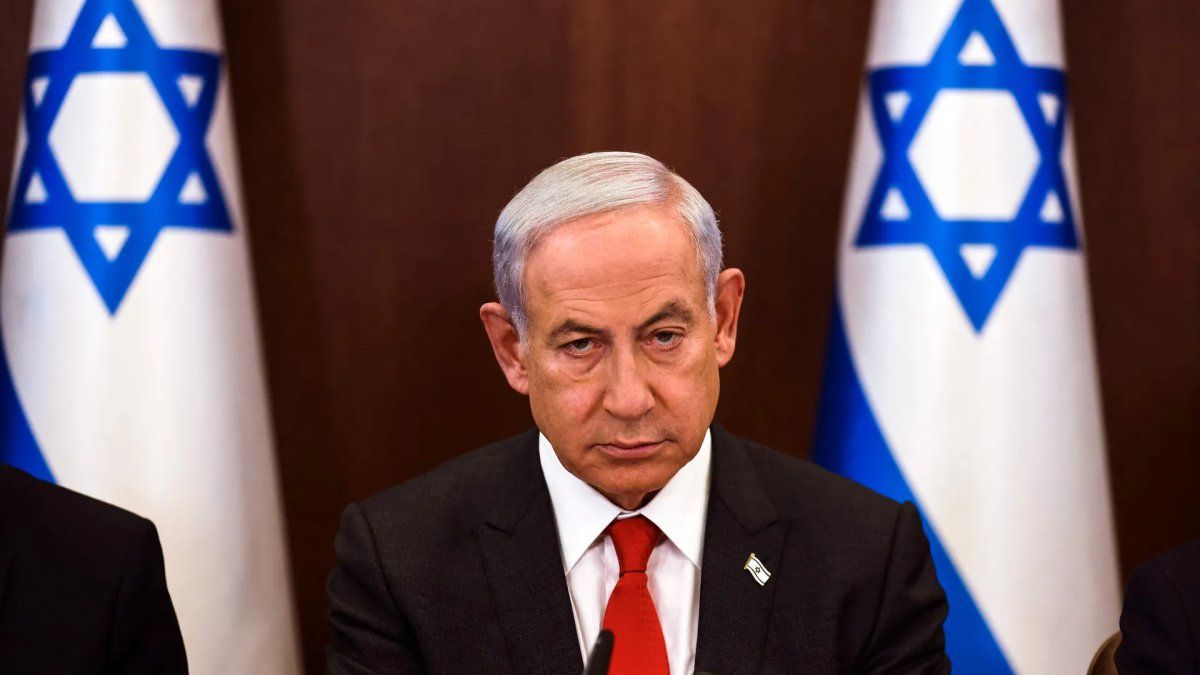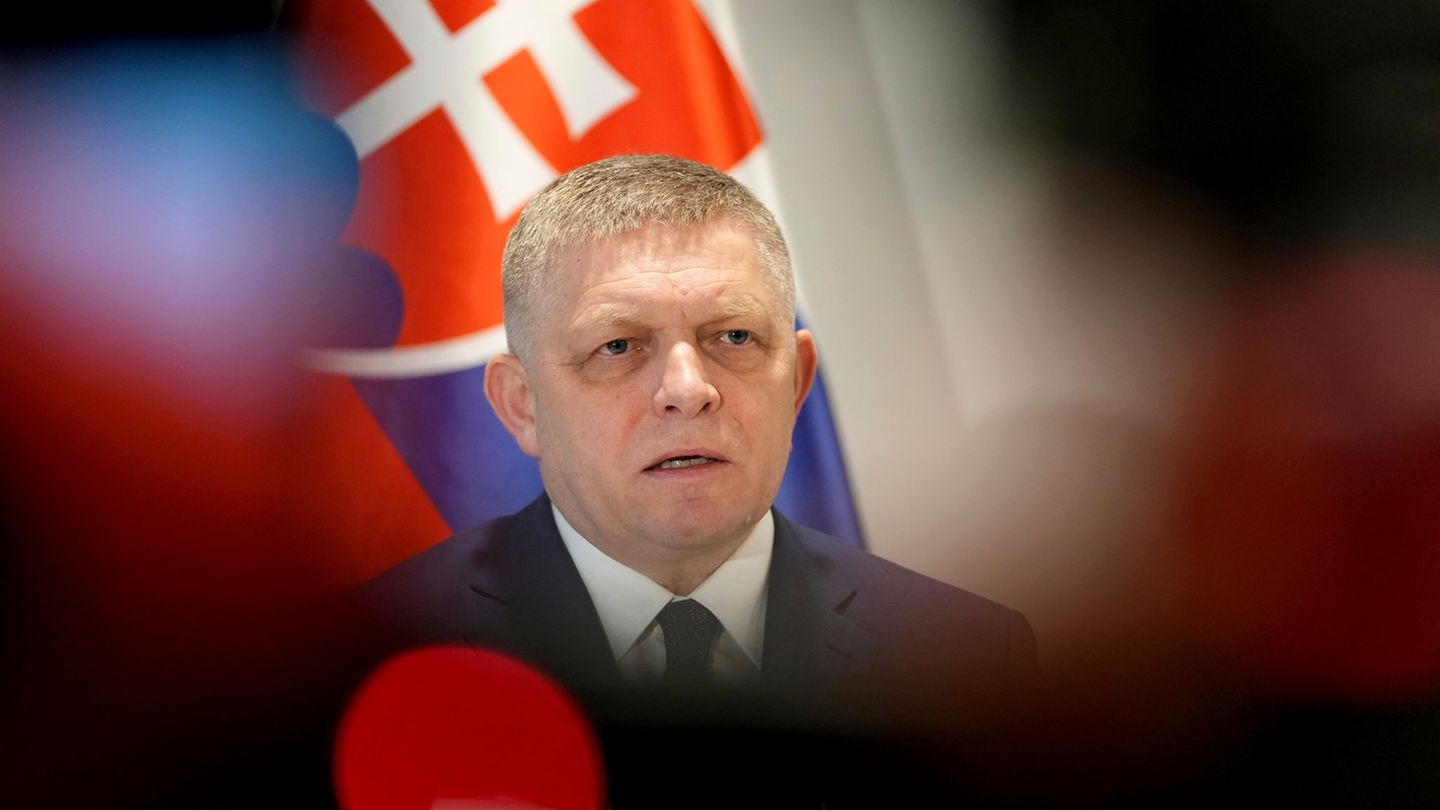The US and South Korea’s contingency plans for a new conflict on the Korean peninsula are getting on in years. Now both countries are reacting to the changes in the security environment.
The US and South Korea want to update their military deployment plans in the event of a new conflict with North Korea.
By updating the contingency plans, the Allies respond to advances in the development of North Korea’s nuclear weapons and missile programs. US Secretary of Defense Lloyd Austin accused North Korea on Thursday in the South Korean capital of Seoul of increasingly destabilizing security in the region by further developing its weapons programs. But he made it clear that Washington is ready to continue dialogue with Pyongyang.
Austin and his South Korean counterpart Suh Wook approved a new “strategic planning orientation” as part of regular security consultations. The instructions should form the basis for the new operational plans (OPLANs) of the alliance. Details were not given.
The agreement reflects the “changes in the strategic environment,” it said in a joint communication. The ministers expressed the expectation that the new contingency plans would allow both countries to have a greater deterrent effect on “threats from the People’s Republic” (North Korea) and, if necessary, to react to them.
The decision to change the deployment plans was not made because of “acute threats”, Defense One magazine quoted a US official who had traveled with Austin on a plane to South Korea. “But we have noticed advances in North Korean capabilities, especially in its missile launch capabilities.”
During a visit to South Korea in March, Austin and US Secretary of State Antony Blinken confirmed that they would continue to pursue the goal of “complete denuclearization of the Korean peninsula”. Both countries understand denuclearization to mean the complete disarmament of the North Korean nuclear arsenal. Diplomacy remains the best approach, Austin said on Thursday. “We call on North Korea to enter into a dialogue.”
The US negotiations with the largely isolated government in Pyongyang have not advanced for more than two and a half years. North Korea, which accuses the US of hostile policies, is subject to international sanctions because of its nuclear program. This year, the country again tested rockets and cruise missiles that are said to be capable of carrying nuclear warheads. The country has declared itself a nuclear power, but its status is still unclear internationally due to the negotiations.
Source From: Stern
David William is a talented author who has made a name for himself in the world of writing. He is a professional author who writes on a wide range of topics, from general interest to opinion news. David is currently working as a writer at 24 hours worlds where he brings his unique perspective and in-depth research to his articles, making them both informative and engaging.




